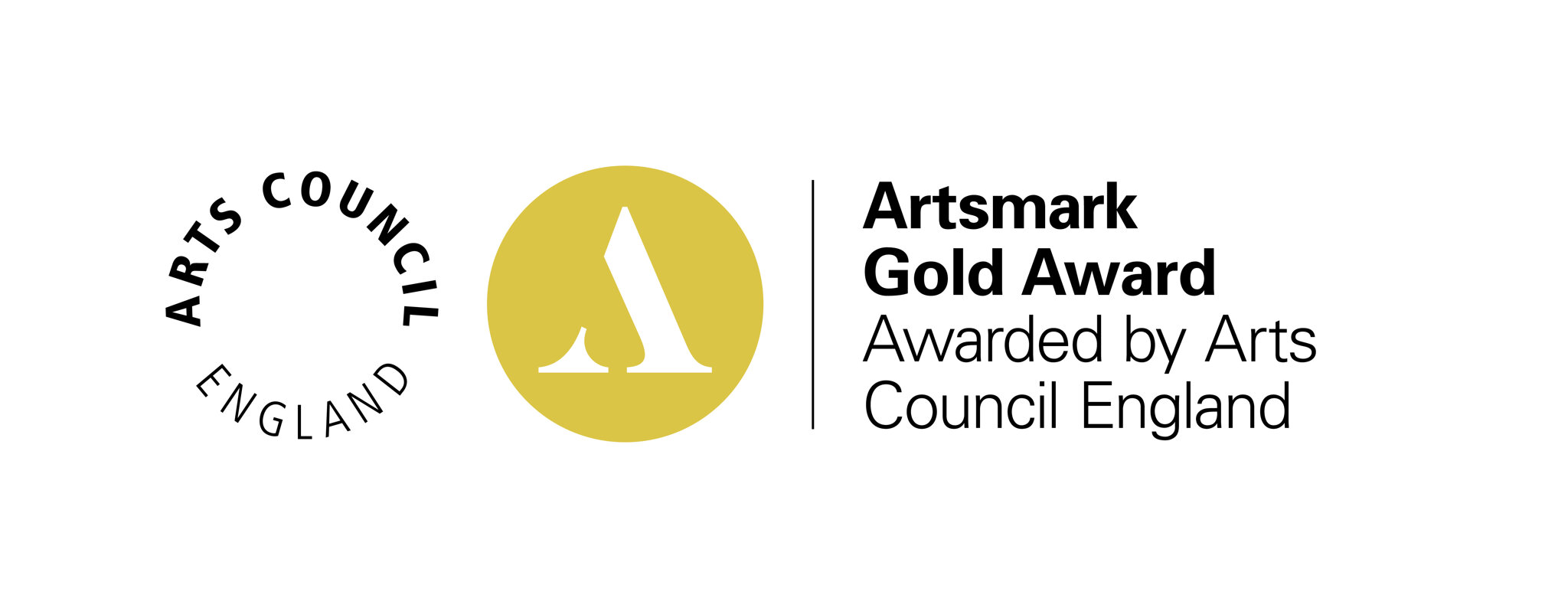EQUALITY OBJECTIVES

Mayfield School is committed to ensuring equality of provision throughout the school community. Our equality objectives are:
-
Objective 1
Promote a culture of racial equity and a celebration of diversity through a curriculum which is planned to represent our community, educate our students about equality and celebrates diversity. Furthermore, ensure that high quality Personal Development provision is in place which enhances the curriculum and enriches students’ wider understanding of diversity and sexuality.
Objective 2
To eradicate the use of homophobic, sexist, racist and other discriminative language by students in the school through the promotion of an ethos which does not tolerate sexual harassment and the use of derogatory terminology with a behaviour system that gives all staff a framework to consistently challenge all discriminatory language and behaviour.
Objective 3
Staff training on Equality and the implementation of the equalities policy is regularly planned for and is part of the induction for all new staff. This includes ensuring that Guidelines for discussion are in place to ensure that teachers do not enable hate speech and that it is corrected or dealt with appropriately.
Objective 4
Set challenging goals for the recruitment of a diverse staff and governing body based on the protected characteristics after analysis of recruitment data and trends. Report on this to the staffing and pay sub-committee of the governing board, review the analysis and increase the representation of teachers from local Black and minority ethnic communities over a 4-year period (from this July to July in 4 years' time), so that this group increases from 10% to 25% of the teaching workforce.
The aim of the above objectives is to ensure that:
- Prejudice is always challenged;
- Tolerance is always promoted;
- Cultural appreciation is always shared;
- And that Mayfield is seen as a beacon school with respect to equality, diversity and inclusion.”
Insurance Certificates
Insurance CertificatesDfE Risk Protection Arrangement Insurance Certificate 2023-24
|
Policies
Mayfield School has developed a number of policies and procedures to ensure all our students are safe and confident at school.
Policies
Pupil Premium

Pupil Premium funding makes a difference
The Pupil Premium was introduced to provide additional funding for schools to support children from low-income families and children whose parents are in the armed forces. Schools receive additional funding for students who fall into the following categories:
- Students who are currently known to be eligible for Free School Meals (FSM) or have had FSM in the past 6 years
- Students whose parents are currently serving in the armed forces or were recorded as being in the forces in the past 4 years
- Students who have been "looked after" at any stage in the last year
- Students who have been adopted from Local Authority care
Pupil premium strategy statement of intent
Our intention is that all pupils, irrespective of their background or the challenges they face, make good progress and achieve high attainment across all subject areas. The focus of our pupil premium strategy is to support disadvantaged pupils to achieve that goal, including progress for those who are already high attainers.
We will consider the challenges faced by vulnerable pupils, such as those who have social workers and young carers. The activity we have outlined in this statement is also intended to support their needs, regardless of whether they are disadvantaged or not.
High-quality teaching is at the heart of our approach, with a focus on areas in which disadvantaged pupils require the most support. This is proven to have the greatest impact on closing the disadvantaged attainment gap and at the same time will benefit the non-disadvantaged pupils in our school. Implicit in the intended outcomes detailed below, is the intention that non-disadvantaged pupils’ attainment will be sustained and improved alongside progress for their disadvantaged peers.
Our strategy is also integral to wider school plans for education recovery, notably in its targeted support through the National Tutoring Programme for pupils whose education has been worst affected, including non-disadvantaged pupils.
Our approach will be responsive to common challenges and individual needs, rooted in robust diagnostic assessment, not assumptions about the impact of disadvantage. The approaches we have adopted complement each other to help pupils excel. To ensure they are effective we will:
- ensure disadvantaged pupils are challenged in the work that they’re set
- act early to intervene at the point need is identified
- adopt a whole school approach in which all staff take responsibility for disadvantaged pupils’ outcomes and raise expectations of what they can achieve.
Pupil Premium support has seen the gaps in achievement between potentially disadvantaged students and their peers narrow. The school is constantly reviewing how it spends the Pupil Premium Grant to diminish the differences for disadvantaged children. Further details of how Mayfield School allocated its Pupil Premium grant and the impact of this funding are shown in our updated 2021-22 Pupil Premium Report:
Pupil Premium Strategy Report 2023-25
We need your help to ensure that we are able to keep receiving this funding and continue to make a difference.
Parents:
- Are you currently serving the Armed Forces? If so, please can you inform the school by emailing Mr Tite, Assistant Headteacher, at the school on [email protected]
- Do you think that you may be entitled to Free School Meals? The current eligibility criteria for Free School Meals and the application form are available on our website. The form is quick to complete and you get a reply quickly.
Applying for Free School Meals does not mean that your child has to take them every day - they can still bring a packed lunch if they wish – but it does ensure that the school will continue to receive this additional funding. Further information about Free School Meals and completed applications can be returned to Mrs Patis in the School Office or by email to [email protected]
Service Pupil Premium
What is the Service Pupil Premium?
The Department for Education introduced the Service Pupil Premium (SPP) in April 2011 in recognition of the specific challenges children from service families face and as part of the commitment to delivering the armed forces covenant.
State schools, academies and free schools in England, which have children of service families in school years Reception to Year 11, can receive the SPP funding. It is designed to assist the school in providing the additional support that these children may need and is currently worth £300 per service child who meets the eligibility criteria.
Eligibility criteria:
Pupils attract the SPP if they meet the following criteria:
- one of their parents is serving in the regular armed forces
- they have been registered as a ‘service child’ in the school census at any point since 2011
- one of their parents died whilst serving in the armed forces and the pupil receives a pension under the Armed Forces Compensation Scheme or the War Pensions Scheme
The purpose of the Service Pupil Premium
Eligible schools receive the SPP so that they can offer mainly pastoral support during challenging times and to help mitigate the negative impact on service children of family mobility or parental deployment.
Mobility is when a service family is posted from one location to another, including overseas and within the UK.
Deployment is when a service person is serving away from home for a period of time. This could be a 6 to 9-month tour of duty, a training course or an exercise which could last for a few weeks.
How Service Pupil Premium differs from the Pupil Premium
The SPP is there for schools to provide mainly pastoral support for service children, whereas the Pupil Premium was introduced to raise attainment and accelerate progress within disadvantaged groups. Several members of staff have received additional training to help them meet the specific needs of service children.
Other support for service children and their families
There are also national and local networks available to provide support to service children and their families. Links to some of these networks are shown below:
DfE Guidance for Service Families
Portsmouth City Council services and support for Service Families
Sports Premium

Sports-Premium
SEN

Useful Information SEN
National Changes to SEN:
The Learning Support department at Mayfield is committed to supporting students with Special Educational Needs (SEN) and/ or disabilities. This includes students with Learning Difficulties, Specific Learning difficulties including dyslexia, the Autistic Spectrum, Hearing Impairment, Visual Impairment and those with Social Emotional and Behavioural difficulties. Mayfield is a CReSTeD (Council for the Registration of Schools Teaching Dyslexic Pupils) school. This registration means that as a school we are able to offer a thoughtful programme of additional support for our dyslexic students. We have a designated member of the Inclusion team who is responsible for screening students who may have dyslexia.
Students’ needs are assessed through a range of testing procedures including reading, writing and spelling. We use information from junior schools, staff referrals, student referrals, parents/carers and from advisory teachers to ensure support and provision is in place.
All students identified with SEN are included in our SEN register as SEN Support and those with a Statement of need or Education Health Care Plan (EHCP) in line with the SEN Code of Practice.
Appropriate provision is put in place according to the individual need of the students. Students identified as needing SEN support and those with a Statement / EHCP of SEN will have either an Individual Education Plan (IEP) Individual Behaviour Plan (IBP) or a Pastoral Support Plan(PSP). These Plans are reviewed regularly.
Students with EHCP's are supported in line with the objectives of their plan and these are reviewed at least annually. This could include, in class support, small group work and in some cases one to one work with a Learning Support Assistant away from the classroom.
We have a highly experienced and dedicated team that can support the wide range of students with SEN.
For more information regarding SEND in Primary, please contact Megan Palamidas on [email protected]
For more information regarding SEND in Seniors, please contact Verity Howard on [email protected]
If you have any concerns about SEND issues, please refer to our SENDCOs above, or to the school's complaints policy.
.jpg)
.png)

